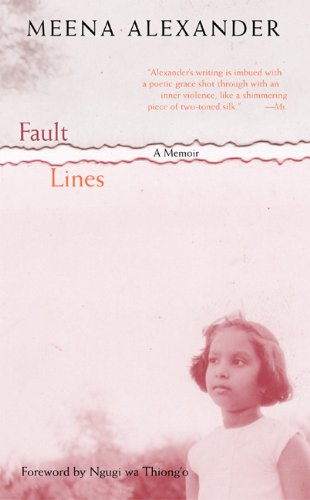What do you think?
Rate this book


336 pages, Paperback
First published January 1, 1993
Once an ordinary girl-child like me, she had taught herself whatever skills she had, learnt to use them in her own way, and set herself up as her own authority so that in her unmitigated gluttony—strictly directed at small rocks and stones and soil—she became a female icon, creator of a stern discipline, perfector of an art